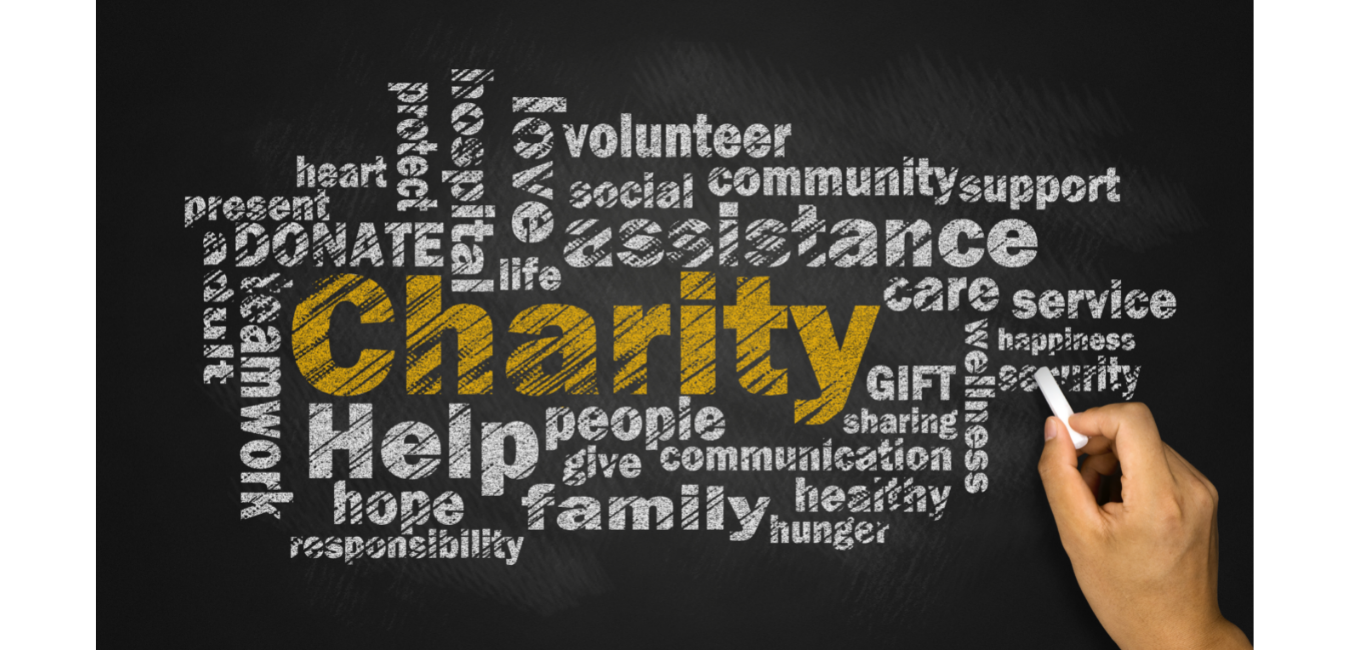What is Altruism? Altruism is an action done with the intention of boosting wellness of others without self-gain. It may even extend to risking our own well-being for that of others. Some people argue that genuine altruism (aka pure altruism) doesn’t exist, as people are naturally self-interested. However, research suggests that we are altruistic from childhood. This may stem from an evolutionary imperative to cooperate, which increased our species chances of survival. Regardless of whether we’re innately altruistic, we can try to positively impact people’s lives, expectation-free.
Do An Altruistic Act
To get started, we can think about the people and causes we care about. E.g.
- Volunteer for an organization that helps people, like a food bank, homeless shelter, etc.
- Give someone a genuine compliment. Try to steer clear of giving purely physical compliments, as this may be unwanted or inappropriate.
- Donate blood.
- Help someone carry groceries to their car.
- Spread good news.
- Donate money to a charity.
Eventually, we can work our way up to an entire day filled with altruistic activities.
Give Supportive Touch
If someone is feeling down or stressed, we can offer supportive touch to help them regulate. This will likely be done with loved ones, as physical contact typically comes with trust and familiarity. It is important to ask people if they want to be touched. Studies have indicated that warm touch promotes feelings of safety and comfort. It is believed that touch can ease stress and trigger release of oxytocin (the love hormone). Touch stimulates areas of the brain responsible for feelings of reward and compassion. E.g.
- Hugging
- Shoulder squeezes
- Back rubs
- Massages
- Kissing
- Head rubs
- Cuddling
Altruistic Love Mediation
Altruistic meditation works best when we are aware of our own need for peace and wellbeing. Understanding our need for self-acceptance and safety helps us recognize that others desire the same. Once we accept this, we can focus our altruistic meditation on someone we care about. E.g.
- Sit in a comfortable position, eyes closed.
- Breathe in deeply, and exhale completely. Repeat five times.
- Picture a loved one, like a best friend or child.
- Feel the outpouring of unconditional love, respect, and care for them. Sit with that feeling for a few minutes.
- Internally or out loud, wish them a safe, joyous life full of love.
- Conclude meditation by gently opening the eyes.
Eventually, we can extend this altruistic hopefulness to all people and things.
Take an Empathetic View
When someone acts negatively towards us, it can be easy to villainize them. Instead, we should try to empathize with them. Of course, there are behaviors that are unjustifiable and there is no need to rationalize them. However, in many cases trying to understand someone’s perspective helps to humanize them.
Imagine driving to work and someone honks loudly, and aggressively cuts us off.
- Notice what emotions arise about the situation and the offending driver.
- To humanize them, think about who they may be:
- Where they live
- Their biggest fear
- Their hopes and dreams
- Their daily life
- Their happiest moments
- Their hardships
- Don’t Take it Personally. We may feel personally attacked when someone drives erratically. But chances are we weren’t singled out as their target. They likely apply their driving behaviors to everyone equally. Additionally, it’s helpful to consider potential factors that led to their poor driving.
Perhaps they were rushing to the hospital for the birth of their child. Maybe they had just been fired. Maybe they were rushing to pick up medication before the pharmacy closed. We should try to put ourselves in their place. Regardless, viewing perceive slights though this lens helps us give people the benefit of the doubt. It helps us extend more compassion, instead of judgement.
Find Altruistic Inspiration
If we feel stuck for altruistic inspiration, we can find it in our everyday lives:
- Find a television show that depicts altruistic acts.
- Have a movie night with back-to-back altruistic flicks.
- Read biographies about people who have spent their time helping others.
- Research altruistic organizations, like ours!
- Ask friends how they like to help others.
- People watch and spot altruism unfolding in real time (people holding the door for strangers, sharing their umbrella, helping pick up dropped items, etc.).
Not only does altruism have a positive impact on the recipient, but the giver may experience benefits, too. Empathizing with others can help put our lives into perspective. Altruism may also boost our mood and create feelings of connectedness. Of course, we shouldn’t do good deeds simply to reap the benefits. Compassion should be the sole driver. Any personal gain is simply icing on the caring cake. Let compassion be the catalyst. Do good for goodness’ sake, and nothing else.
Sources
https://www.thespruce.com/etiquette-rules-of-defining-personal-space-1216625
https://greatergood.berkeley.edu/article/item/hands_on_research
https://www.matthieuricard.org/en/blog/posts/meditation-on-altruistic-love-1
https://greatergood.berkeley.edu/topic/altruism/definition
https://www.mentalhealth.org.uk/publications/doing-good-does-you-good/health-benefits-altruism

